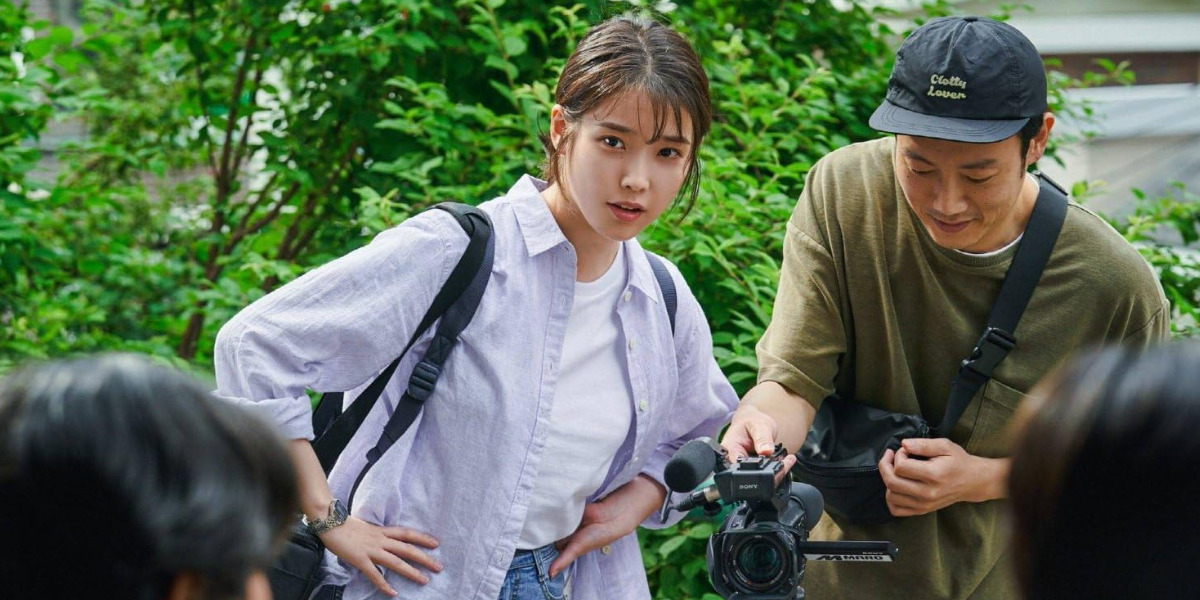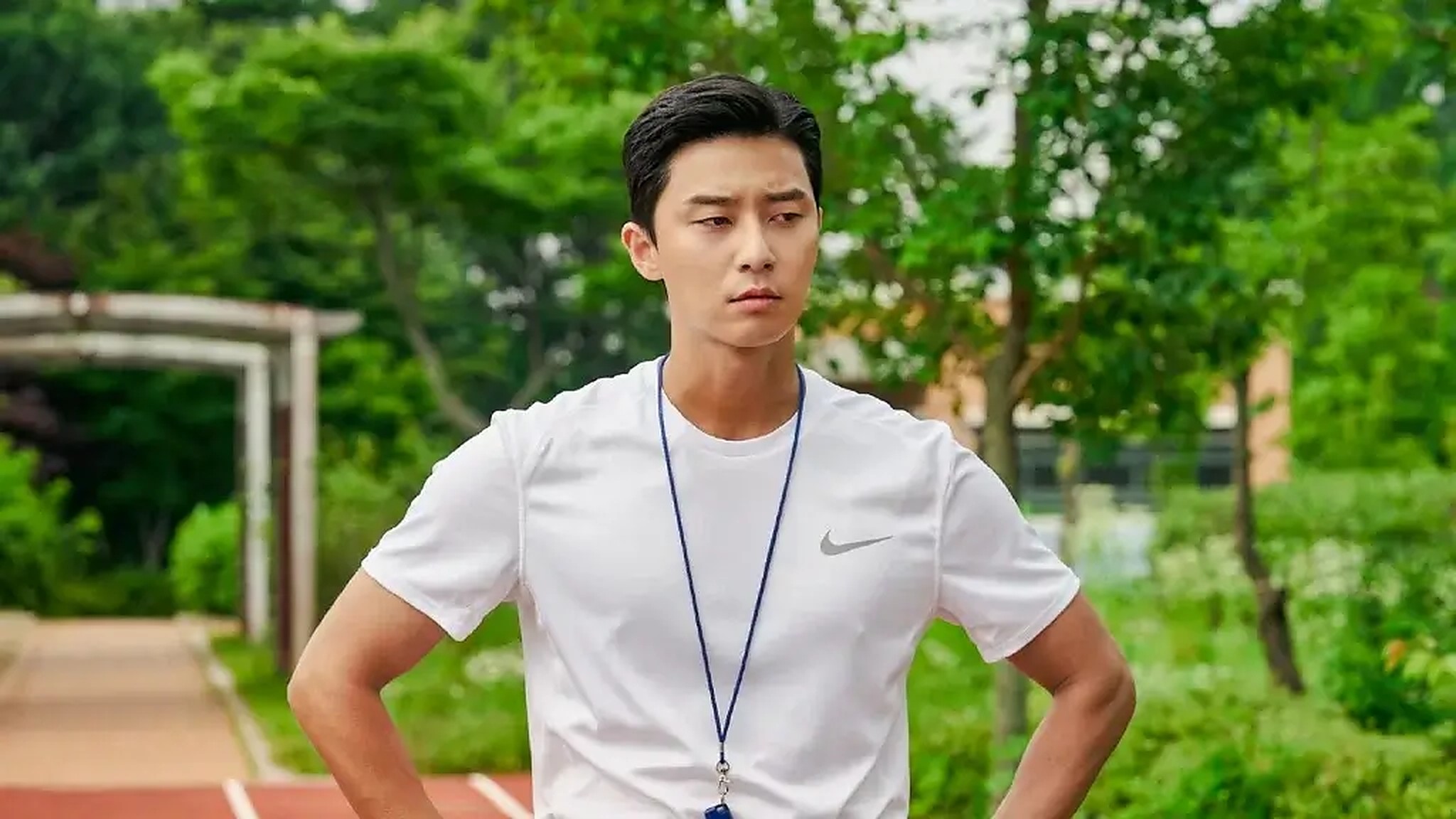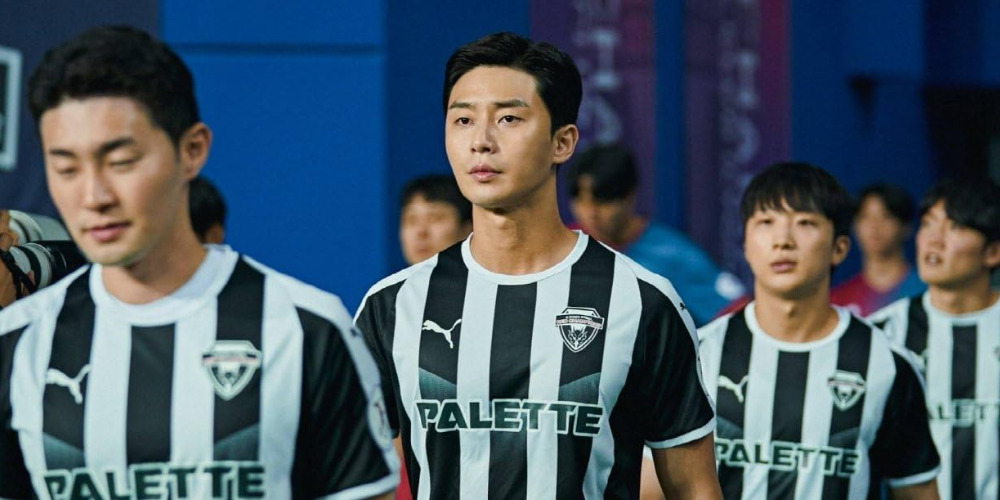Originally titled ‘Deurim,’ Netflix’s ‘Dream’ is a South Korean sports comedy film directed by Byeong-heon Lee depicting the story behind The South Korean Soccer Team’s debut at the Homeless World Cup. After Yoon Hong-Dae, a professional soccer player, gets into an altercation with a journalist, it results in a PR nightmare for him. Forced by his agency to coach Korea’s amateur team for the upcoming Homeless World Cup, he finds himself training a ragtag group of homeless players. Meanwhile, aspiring but world-weary filmmaker Lee So-Min stages and records their progress in a documentary.
The film presents a light-hearted and lively tale of an unlikely team coming together to prove their worth on an international level. Like any sports movie, it focuses on themes of collaboration and hard work. However, by centering the narrative around homeless characters and shining a light on their stories, the film effortlessly sets itself apart from its peers. Considering ‘Dream’ revolves around an international soccer competition, viewers might wonder if it has a basis in reality. Let’s find out!
Dream is Inspired by South Korea’s Homeless World Cup Journey
‘Dream’ is partially based on a true story. It dramatizes Korea’s introductory participation in the Homeless World Cup during the 2010 tournament. As such, the film, written by director Byeong-heon Lee and his co-writer Mohammed Abdullah, presents a true story with a few embellishments. Lee, most famously known for his critically acclaimed 2019 film ‘Extreme Job,’ had been interested in telling this story for almost a decade. A documentary about The 2010 South Korean Team for the Homeless World Cup reportedly piqued the filmmaker’s interest.

From there, the decision to create a movie about the same came easily to Lee, given the story’s meaningful center. The sports competition was started to combat homelessness and break social bias against the marginalized. This message resonated with Lee, who strived to incorporate a similar narrative in his film while maintaining a comedic approach. The same helps ‘Dream’ elevate past its social message and imbues it with authentic humanity the audiences can connect to.
Although Lee based his film upon a recent historical sports event, he still took ample creative liberty to craft his characters and their storylines. Since the film is a dramatization and not a biographical, none of the characters are directly based on real-life people. In that regard, the characters depicted in ‘Dream’ are all fictionalized, including Park Seo-joon’s Coach Yoon Hong-Dae and Ji-eun Lee, a.k.a IU’s Lee So-Min. Nevertheless, Lee and Abdullah did their fair share of research for their cinematic rendition of the participating players, In-Sun, Hwang-Dong, Hyo-Bong, and others.
The writers interviewed several homeless individuals to understand their plights and everyday life and created the characters accordingly. As such, although the characters were fictional, a part of their narrative was still informed by reality. For instance, characters like In-Sun and Beom-su sell “Big Issue” newspapers to make a living. The same detail is in accordance with real life since the players sent to compete in the 2010 tournament were also paper vendors. Likewise, several obstacles the players face on their way to the tournament also happened in real life.

In the film, the team almost loses the opportunity to make it to the Homeless World Cup due to inadequate sponsorship. The real-life team faced similar struggles while securing funds to enter the international competition. This aspect of the film highlights the real-life financial discrepancy issues important organizations have to experience. Furthermore, every character in the movie possesses an empathetic backstory and receives some conclusion by the end.
This well-rounded arc for every character helps the film achieve a compelling storyline that feels satisfactory and genuine, regardless of its functionality. Alternatively, the film also features significant inaccuracies, like the tournament’s location in Budapest instead of Rio de Janeiro. Nevertheless, the same is likely a result of filming issues faced by production during the pandemic, which is understandable. Likewise, Hong-Dae’s character presents another noticeable modification the film makes to the story. In reality, a pro-soccer player, fallen from grace, never coached the team for the tournament.
Instead, Hong-Dae’s character marks the film’s employment of an infamous sport-genre trope to add entertainment value to its narrative. Ultimately, the film draws direct inspiration from real-life events while utilizing significant artistic liberty. “I want to say my intent wasn’t to criticize anyone outright,” said Lee in an interview while discussing the film’s authenticity. “What we depicted in the film, that’s actual reality. That’s how people act. It’s just a fact of life. I guess, as a filmmaker, I tried to introduce these stories as they were and are. It’s up to the viewers what to make of them.”
Nevertheless, original players who participated in the 2010 tournament and the real documentary filmmakers received ‘Dream’ positively, praising it for resonating with their real-life experiences. As such, the film succeeds at telling an honest story about a real-life event without directly basing its details on actual people and incidents.
Read More: Best Soccer Movies of All Time


You must be logged in to post a comment.